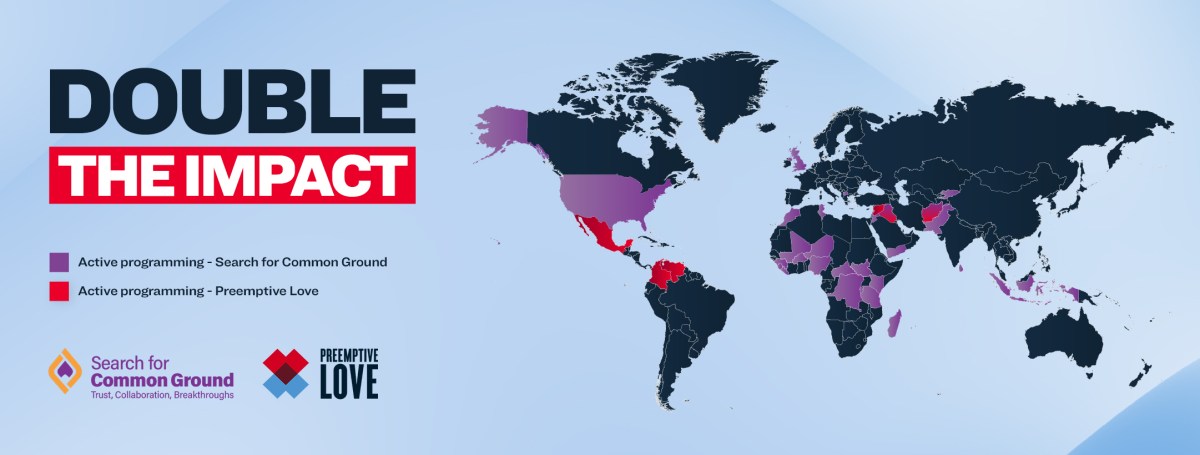Lying in bed, you glare at the pink walls, feeling like you’re drowning in a bottle of Pepto Bismol. Your favorite color is blue. Plunked on a dresser across the room, a floppy-eared stuffed bunny watches you. A pang of guilt shoots through you. Even though the bunny’s a recent birthday present from your parents, you never play with it. What you really want is a soccer ball.
Years fast forward, and again you’re lying in bed, cramping pains seizing your belly. Your mother brings you a hot water bottle and rectangles of soft cloth. With the ever-increasing price of food, she can’t afford to buy products you throw away after a single use. In whispers, she tells you what to do. Now that you’re a woman, she explains, things have to change. You can’t hang around with your best friend Raafe anymore because what will people think? You have to cover your hair because what will people think? If you need to go somewhere in public, take your brother with you because what will people think?
More revolutions of the clock. You dream of going to university abroad, but no one asks what you want. Instead, you’re getting married. Haasim’s a good match as long as you wait to start a family. Then, you can study at the local university. But, no one asks what you want. You wish someone could tell you how not to have a baby, but there’s no one to ask. After all, you’re a woman–you’re supposed to have children, whether you want to or not.
You wish you’d been born a man or you wish women were considered equal to men. Maybe then your sister wouldn’t have to hide the purple marks that appear on her arms sometimes. You laugh a little, wondering what wishes look like.
Change is Possible
Instead of wishing for change, Search for Common Ground is making change happen to promote gender equality and prevent violence against women and girls in Lebanon. Using their Common Ground Approach, Search is working with local youth and representatives from civil society organizations (CSOs) to promote positive masculinity. Gender equity is not a woman’s issue because gender stereotypes also affect men. When men and boys see themselves as allies and champions of women and girls, societal stereotyping decreases. Trust across gender dividing lines grows.
Shifting Perceptions
Thirty youth leaders from diverse backgrounds–Lebanese, Palestinian, Syrian–men and women, came together and received training on gender equity and equitable masculinity in preparation to analyze gender norms. Search and its local partners taught the youth leaders how to design a research tool, conduct interviews, analyze data, and synthesize the results into written reports. Lastly, the youth leaders led knowledge-sharing workshops with their communities to reinforce social cohesion.
Because the subjects discussed in the knowledge-sharing workshops were sensitive, working with local youth leaders was essential to the project’s success. The youth leaders were not considered outsiders “from the city” or foreigners with strange ideas, so they were more easily trusted. They understood what could be said and where to draw the line when discussing difficult topics such as reproductive health, domestic violence, victim blaming, male superiority, and systemic female disenfranchisement.
Snapshots of Success
Yasar*, a father working in Human Resources, shares how working on this project has impacted his personal and professional life.
“I became very careful about the vocabulary and terms I use when communicating and interacting with people. I was convinced and made aware that there are no differences between men and women, except for their biological differences. I am now certain that my son and my daughter are equal in all rights and duties, and the way I deal with them is based on these newly acquired and adopted notions. For example, I rejected the idea of making my daughter wear an earring, although socially, she should. She is still a baby. I also did not cut my son’s hair despite my family’s opposition because they believe that long hair is exclusively for girls and not for boys…My son loves to play with kitchen utensils, and my daughter wears her brother’s clothes. Based on this, I no longer bring my son toys he does not like simply because they suit his gender! The same thing applies to my daughter.
I feel a lot of joy when I get moral appreciation from my management at work. I also notice I bring an added value to the association through the capacity building I am contributing to alongside the human resources unit. I am very thankful to the Search project team for the empowering opportunities offered to us. They helped me facilitate training sessions in a more effective manner. My approach to cultural and social topics has changed. I noticed the negative impact of normative socialization on individuals and their daily behaviors. Working with the Search team made me feel proud of myself and the shift that I did. I truly love what I do and the change I am experiencing within my work and my family.”
Khalida* has redefined her role while living in a conservative community.
“It is considered a taboo to actually talk about sexual and reproductive health and rights (SRHR) and gender equality. Now, I believe that it is part of my responsibility to encourage people in my community to raise their voices, ask, and get the chance to learn about their rights, especially girls and women…A gynecologist who knows my mother attended one of the training sessions I was delivering about SRHR. Her feedback and appreciation made my mother feel proud instead of feeling ashamed that I am discussing sensitive topics in a conservative community…I feel proud and successful whenever my family refers to me anyone who would like to learn more about topics related to gender and sexual and reproductive health. Being trusted by people from my surroundings, especially girls and women, makes me feel even more satisfied that as a young member of the community, I was able to make a difference.”
Real change takes time, but it is possible. Search uses conflict as a catalyst to create positive social change. We are taking notes, eager to implement the Common Ground Approach.
Search for Common Ground + Preemptive Love = an unprecedented force for peacebuilding.
This is the second post in a series highlighting the work of Search for Common Ground.
*Not their real names


